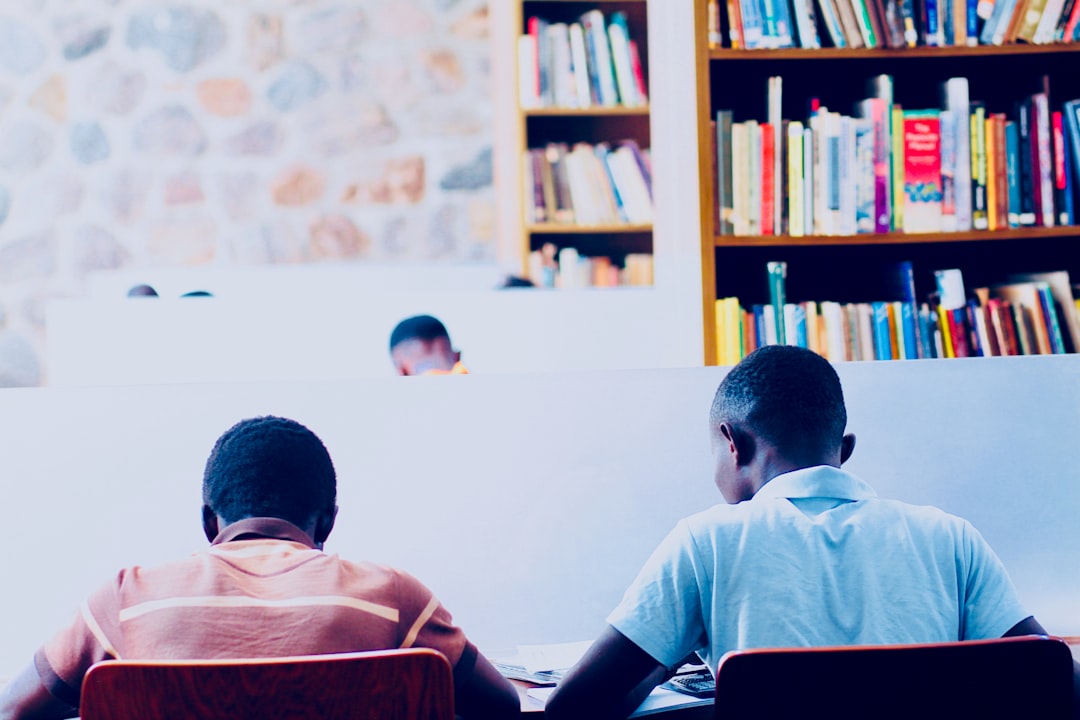No products in the cart.
AI Transforms the Education Landscape: Insights from October 2025
As AI reshapes education in 2025, new technologies and methods are revolutionizing how we learn. Discover the latest trends and insights.
Bangalore, India — The classroom of the future is not just a dream; it’s becoming a reality in schools across the globe. As we step into October 2025, the integration of artificial intelligence (AI) into education technology is not only transforming how students learn but also reshaping the roles of educators themselves. From personalized learning experiences to AI-driven administrative tasks, the landscape is evolving rapidly.
In Bangalore, the heart of India’s tech revolution, schools are experimenting with AI tools that adapt to individual learning styles. Imagine a classroom where each student has a virtual tutor, tailoring lessons to their unique pace and understanding. This is not science fiction; it’s happening right now. AI systems analyze student performance in real-time, adjusting curricula and providing instant feedback. Such innovations are crucial in a world where one-size-fits-all education is increasingly seen as inadequate.

However, the rise of AI in education is not without its challenges. Critics warn of potential biases in AI algorithms, which could inadvertently disadvantage certain groups of students. Moreover, there are concerns about data privacy and the ethical implications of using AI to track student performance. While the benefits are clear, the stakes are high, and the conversation around responsible AI use in education is more important than ever.
 Banking & Finance
Banking & FinanceBank of England Keeps Key Interest Rate Unchanged at 4%
The Bank of England has decided to maintain its key interest rate at 4%, a critical move in a landscape…
In addition to personalized learning, AI is streamlining administrative tasks, allowing teachers to focus more on instruction rather than paperwork. Automated grading systems, attendance tracking, and even administrative communications are becoming increasingly AI-driven. This shift not only enhances efficiency but also provides educators with valuable insights into student engagement and progress.
In addition to personalized learning, AI is streamlining administrative tasks, allowing teachers to focus more on instruction rather than paperwork.
As the world embraces remote learning, AI’s role becomes even more pronounced. Virtual classrooms powered by AI can simulate real-life interactions, making remote learning a more engaging and effective experience. These platforms often incorporate gamification elements, turning lessons into interactive experiences that captivate students’ attention. For instance, AI can create dynamic quizzes that adapt based on student responses, ensuring that learning remains challenging yet attainable.
Despite these advancements, the question remains: how do we ensure that AI enhances education rather than diminishes the human element? Education is inherently a social experience, and the challenge lies in balancing technology with the need for human interaction. Teachers remain irreplaceable; their ability to inspire, motivate, and connect with students on a personal level cannot be replicated by machines.
Global perspectives on AI in education reveal a spectrum of approaches. In countries like Finland, where education reform has long prioritized student well-being and creativity, AI is viewed as a tool to augment, not replace, the traditional educational experience. Finnish educators emphasize the importance of integrating technology with pedagogical methods that foster critical thinking and collaboration among students.
 Higher Education
Higher EducationInternational Students Brace for Visa Uncertainty Amid Policy Changes
International students in the U.S. are facing new visa uncertainties as policy changes unfold. Discover the implications for education and…
Read More →Meanwhile, in the United States, where educational disparities are stark, AI is being leveraged to bridge gaps in access to quality education. Programs like Carnegie Learning’s MATHia use AI to provide personalized math instruction, helping students who may struggle in a conventional classroom setting. Such initiatives are essential in a country where educational equity remains a pressing issue.
The implications of AI in education extend beyond the classroom. As students engage with AI-driven tools, they are also learning to navigate a digital landscape that will define their future careers. Familiarity with AI technologies can empower the next generation to thrive in a job market increasingly dominated by automation and digital innovation.
As students engage with AI-driven tools, they are also learning to navigate a digital landscape that will define their future careers.
Looking ahead, the future of education will likely be characterized by a hybrid model that combines traditional teaching methods with cutting-edge technology. Schools must adapt to these changes, ensuring that both educators and students are equipped with the skills necessary to thrive in an AI-enhanced world. Teacher training programs must evolve, incorporating AI literacy into their curricula to prepare educators for the new landscape.
 Economic Development
Economic DevelopmentGhana’s Gig Economy: The Struggle for Fair Worker Classification
Ghana's gig economy faces a significant challenge in worker classification, impacting youth employment opportunities and rights.
Read More →In conclusion, the integration of AI into education presents both remarkable opportunities and significant challenges. As we navigate this transformative era, it is essential for educators, policymakers, and technologists to collaborate, ensuring that the benefits of AI are harnessed responsibly and equitably. The road ahead may be filled with uncertainties, but one thing is clear: the future of education will be shaped by the choices we make today.











